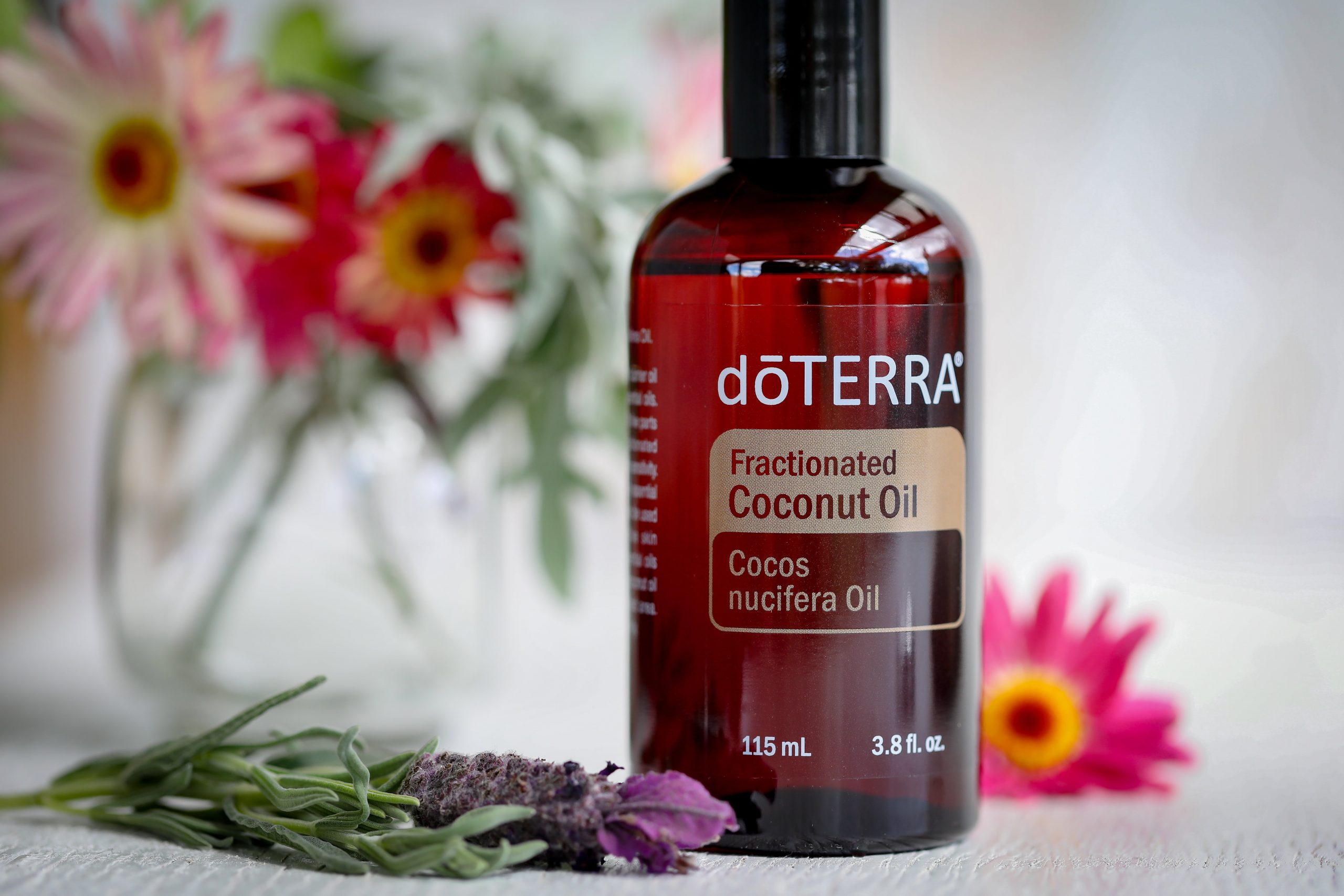Coconut oil is good for humans who have used it for a long time. It may be good for your dog and enhance his fur appearance, but you must know the associated risks of using it.
Coconut oil is a kitchen staple for many people, and others use it as a trendy beauty product to promote hair, skin, and nail health. Apart from using it on themselves, many people are now interested in trying the oil of their furry four-legged friend, the dog. While many studies have been done on how coconut oil can benefit human beings, the case is different for dogs. Still, many are already using the oil for their pet and are attesting to the benefits. You may ask yourself, is coconut oil all about the hype and the craze around it? Could there be any risk linked to its use on dogs? This article answers these questions and many more, so peer on it for every information about coconut oil use on dogs.
Understanding coconut oil
First thing first, let’s understand coconut oil before getting to its nitty-gritty. Coconut oil is the liquid produced from pressed mature coconut flesh, which is white in color. When the flesh is ground and the liquid squeezed out, coconut oil forms. Edible coconut oil is a pantry staple, and you might have a bottle on your shelf. The inedible form of the oil is used in the beauty industry to promote hair, skin, and nail health.
Studies show that the oil is good for humans since it is nutritionally rich and packed with triglycerides and saturated fats. Likely, it might be good for your dog, but you must know that the oil also has potential side effects that may surface on your dog. In addition, remember that there are many types of coconut oil produced by different companies, and your dog may like one but not the other. Therefore, take time to know the coconut your dog feels at home with. That said, the next section helps you understand how coconut oil might help your dog.
Coconut oil: potential benefits on your dog
People give dogs the edible coconut oil, with some mixing it with their foods. The other option is applying the oil to the dog’s fur, which also has its advantages. Here are the benefits of giving your dog coconut oil;
i. Boosting the dog’s skin and solving their dermatological problems
For a long time, human beings have been applied coconut oil topically to solve skin problems, and it’s been successful. The same can be true for dogs, and some vets have affirmed this. For instance, most of the time, does your dog’s skin itch, dry off, or is infected by eczema? You could try the topical application of coconut oil and be surprised at how the skin will rejuvenate.
ii. Easing coughs in dogs
From time to time, your furry friend may cough, probably because of an infection or allergy. Some vets suggest that giving a coughing dog coconut oil may help lower the cough’s frequency and severity. For best results, use virgin or unrefined oil, which has powerful antioxidants. Most times, the infection-related coughs result from inflammation, and giving the dog coconut oil packed with anti-inflammatory compounds and antioxidants may work well in time, easing the cough.
iii. Enhancing the appearance of the dog’s coat
Have you seen how beautiful dogs look when coconut oil is applied to their fur? You could try using virgin coconut oil and see the great transformation it gives your dog. Of the fatty acids in coconut oil, lauric acid is the primary one, and with its unique chemical properties and structure, it penetrates the fur and finds the skin. The dog’s coat will look beautiful and will be less prone to damage. What’s more, the unique penetrative ability is only found in lauric acids and lacks other oils.
iv. Lowering the risk of digestive issues
Coconut oil goes beyond enhancing your dog’s appearance and solves his internal issues, including digestive problems. This is true because coconut oil, rich in medium-chained fatty acids, gets absorbed fast into the gastrointestinal tract. Once in the GI tract, the fats go all the way to the liver, where they are metabolized and solve internal issues.
v. Fighting parasites and pests
Topically applying coconut oil on your dog allows him to benefit from the oil’s antibacterial and antimicrobial properties. For instance, when your dog is on coconut oil, you will notice that he is never infested with fleas, mites, ticks, and other ectoparasites. What’s more, the oil helps clear off the parasites that have already infested the dog. If you don’t prefer using coconut oil directly, you could try products with the oil, including shampoo. Test-tube studies have shown that such products clear pests and enhance the healing of the wounds caused by pest bites. Moreover, coconut oil’s antimicrobial characteristics help keep off viruses, fungi, and bacteria.
Risks linked to using coconut oil on your dog
Despite the impressive health benefits of coconut oil on your dog, there are potential side effects linked to the oil’s use. For instance,
- The oil could trigger an allergic reaction in a sensitive dog. If this happens to your dog, discontinue the oil and see that the dog gets better.
- Excess weight gain could occur if you give the dog a lot of coconut oil. The oil is rich in calories, hence the weight gain.
- The dog could develop fatty plaques in the internal organs, including the small intestines, when the cholesterols in the coconut oil accumulate in these organs.
- Your dog could lose his scent-detecting ability, making a working dog less helpful. This claim was recently made and is subject to further studies. Still, it does not hurt to exercise a little caution when dealing with your furry friend.
Conclusion
Coconut oil is a pantry staple and is highly valued by humans because of its powerful antioxidant and anti-inflammatory properties. It may be good for the dog and could enhance his skin condition and fur appearance. The oil could also ease coughs in the dog and help fight pest infestation. Nonetheless, coconut oil use may have some side effects on your dog, including loss of scent-sensing ability, allergic reactions, excess weight gain, and development of fatty plaque in the intestines.









